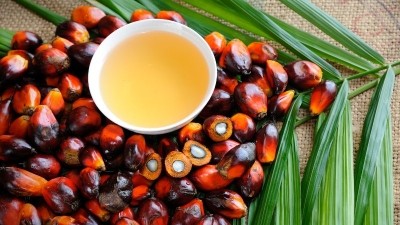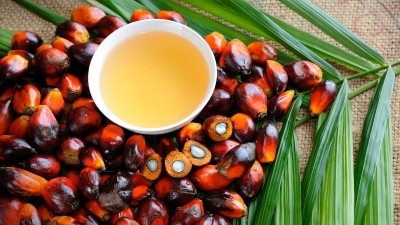Local vs imported: Indonesia’s omnibus law ignites domestic dispute over food production priorities

The omnibus law – a law which will affect multiple other laws in the country - was first introduced by Indonesian President Joko Widodo in hopes of improving the ease of doing business in the country so as to attract foreign investment, as well as to create more local jobs in one of APAC’s largest countries.
A draft of this was submitted in January, but the process has been hit with multiple snags along the way, particularly concerning the bill on job creation which locals see as a threat to their job security, rights, remuneration – so much so that thousands of workers protested outside the House of Representatives (Indonesia’s legislative body) office after the draft was submitted.
House debates over this law have now taken a turn to focus on food imports, with House Deputy Speaker Rachmad Gobel highlighting that several provisions related to food supply in the draft were found to be in overly in favour of imported foods over local production.
“[The laws related to] food imports should not be passed because our imports are still high. We import salt and sugar although we have plenty of land,” said Gobel.
“These laws are leaning towards [food and agriculture] trade liberalisation [but] we must support our farmers no matter what.”
According to trade NGO Indonesia for Global Justice (IGJ), the overall omnibus law seeks to revise the nation’s current Food Law (18/2012), which would ‘unbind’ food import regulations.
“In the Food Law, article 1 number 7 [which defines] Food Availability explicitly states that the terms and conditions for imports [are only if] food supply from domestic production and National Food Reserves are inadequate,” said IGJ in a joint statement with various local NGOs protesting the omnibus law.
“[In] the Omnibus Law terms and conditions, the condition has been eliminated [which means that] the position of imported food would become equal with food produced in the country and National Food Reserves.”
These sentiments have been echoed by other NGOs, saying that this showed a clear preference by the government for foreign investors over local citizens.
“Food is a human right that must be fulfilled and protected by the state. [The] state must issue regulations or legal instruments relating to the fulfilment of the food rights of its citizens which are insightful to the interests of the people in general, not just give advantage to individuals, investors or importers,” said food and nutrition NGO FIAN Indonesia President Iwan Nurdin.
“Omnibus Law removes all of this. The state is ignorant in fulfilling the food rights and submit it to the market mechanism.”
Another current food-related law that is at risk of being overthrown by the omnibus law is the Protection and Empowerment of Farmers in Indonesia Law (19/2013), which also has a section calling for local food sources to be prioritised and imports to be viewed only as an alternative.
Omnibus = More trouble or less?
Indonesia is widely recognised for its multiple levels of ‘excessive’ regulation both at a central and regional level, and this situation has long been thought to be a major hindrance to attracting foreign investors not only into the local food industry, but just about all industries.
According to investment site Indonesia Investments: “Many examples of overlapping regulations can be found [imposed] by separate ministries or other government agencies at the central or regional government level.
“It is a situation that causes uncertainty for investors and quite often leads to a delay – or the cancellation altogether – of an investment project.
“Weak coordination and cooperation between government institutions make it very difficult for an investor to know which business permits and licenses to arrange, where to arrange them, and in what order.”
This chaos is what Jokowi had been trying to fix with the omnibus law, but given its complexity, even if he manages to overcome protests and pressures from locals, many ministries and local governments will still need to co-operate and agree in order to get this to work – and coordination has already been seen to be one of the government’s glaringly obvious weaknesses.
Another issue would be with Indonesia’s food sector and trade. If the law is passed and Indonesia relaxes its import regulations, the only way for the country to maintain a balance in food trade would be to increase its exports to other countries, but even here, the country faces many risks.
Its top agricultural export is palm oil, which has already taken a serious hit due to the COVID-19 pandemic and is continuously under pressure and opposition from the EU and UK. Widodo had previously also reported a shortage of key food commodities in various provinces so it is unclear whether or not increasing production for exports is even a feasible option, much less whether demand will be there in the current uncertain climate as countries emerge from lockdowns.


















